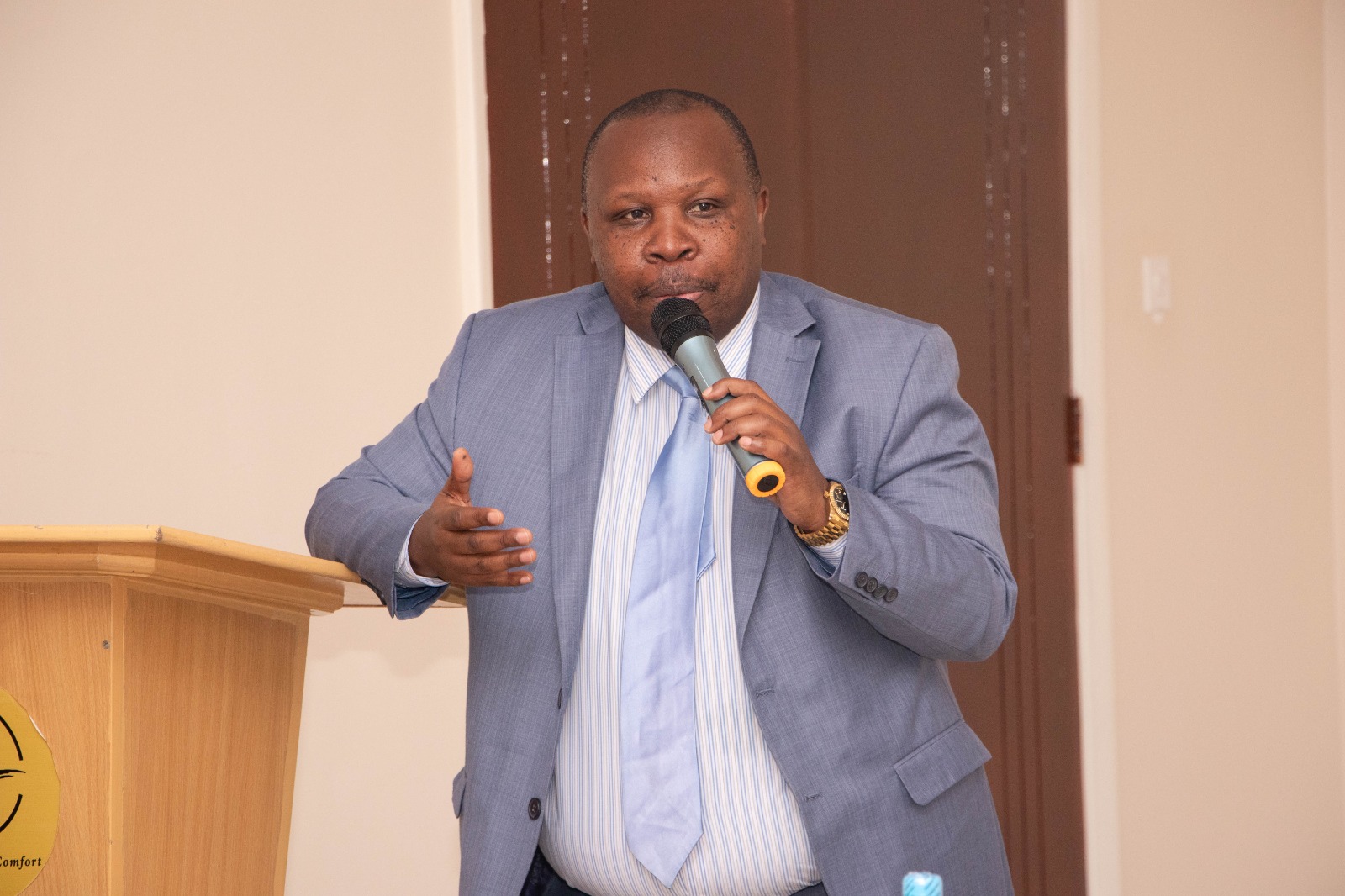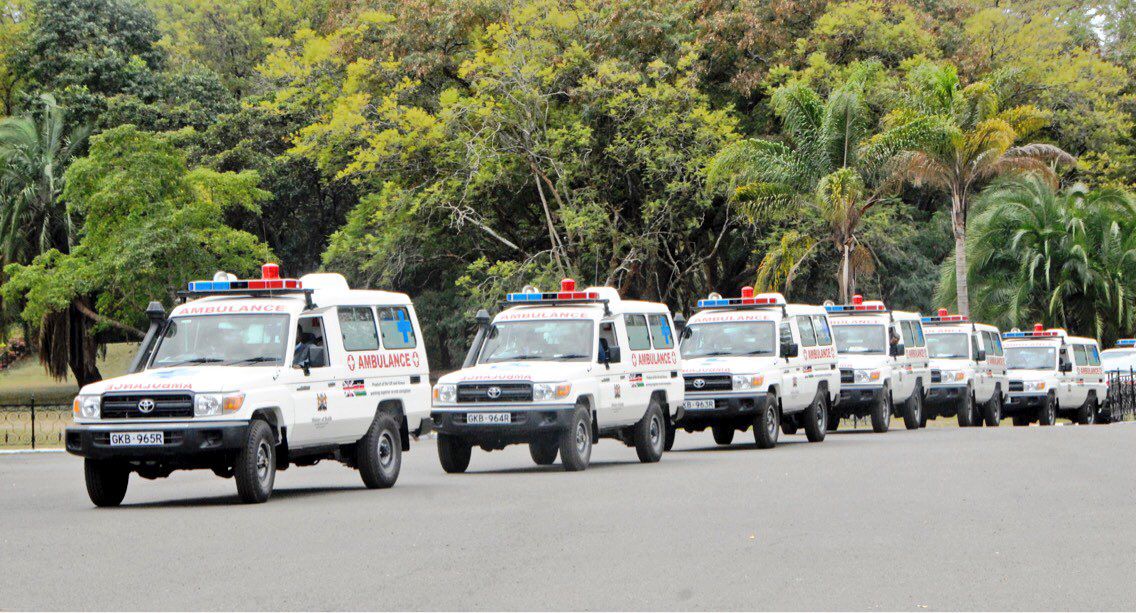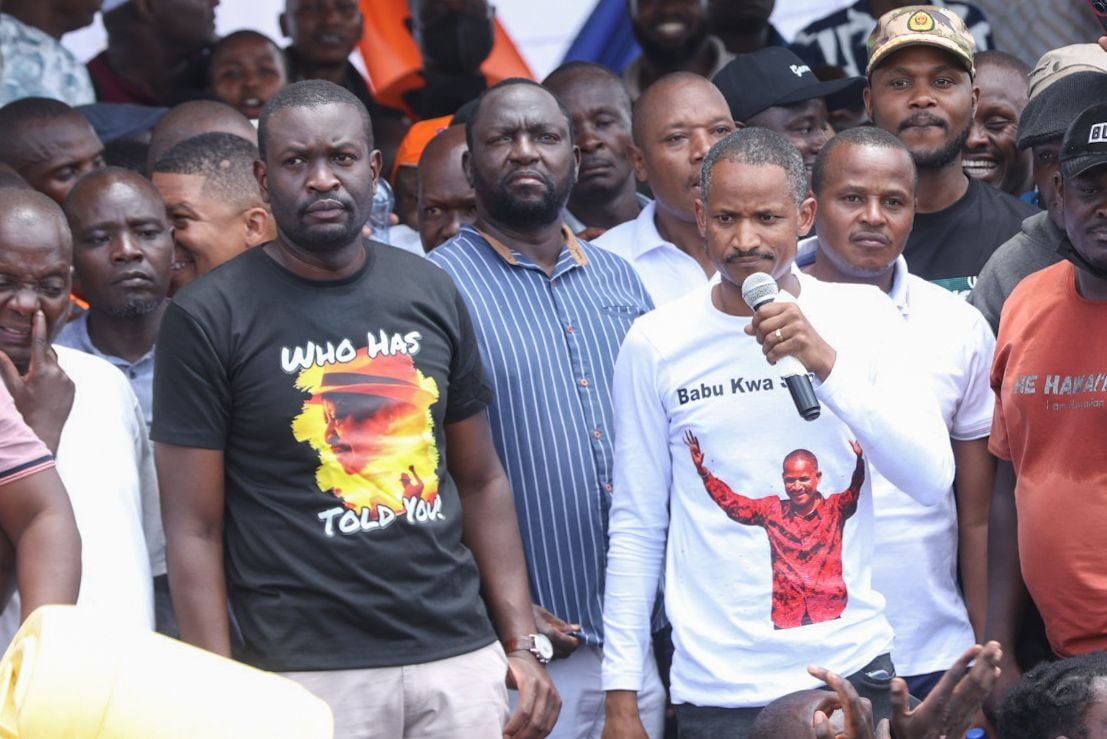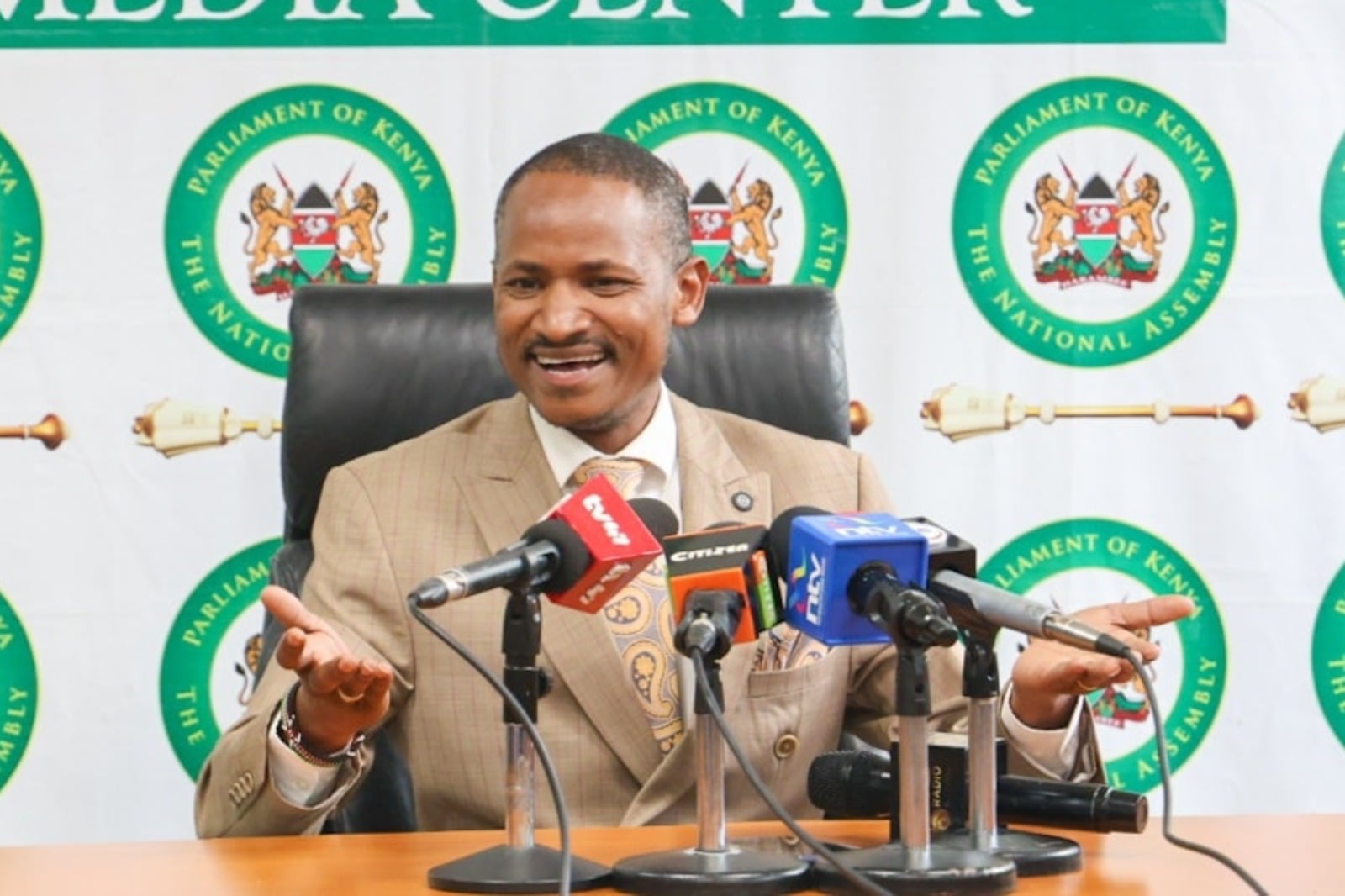The Kenya Medical Practitioners and Dentists Council (KMPDC) has issued a directive requiring all ambulance services and emergency care providers in the country to register with the regulatory body.
In a notice issue on Monday, September 8, KMPDC said the directive covers all ambulances, regardless of ownership, as well as emergency care personnel including paramedics, emergency medical technicians (EMTs), ambulance operators, and other healthcare workers delivering pre-hospital care.
The regulator noted that the registration is aimed at standardizing emergency care services nationwide and enhancing the quality of pre-hospital healthcare.
KMPDC also explained that the move is necessary for supporting the operationalization of the emergency services component under the Social Health Authority’s Emergency, Critical Care, and Chronic Illness Fund.
"The Kenya Medical Practitioners and Dentists Council (KMPDC), pursuant to the Health Act, 2017 and the Medical Practitioners and Dentists Act (Cap 253), hereby notifies all providers of ambulances services and emergency care personnel/technicians providing medical services in Kenya to register with the Council. Ambulance services play a critical role in the continuum of emergency patient care services," the notice read.
Read More

KMPDC said applications must be submitted via email to [email protected] or delivered in person at KMPDC offices.
With the deadline for submission set for Monday, September 15, the council has warned that failure to comply with the directive will result in sanctions, including prohibition from operating ambulances or providing emergency medical services.
This comes about two weeks after KMPDC closed down 158 health facilities in Nairobi over non-compliance.
In a statement on Thursday, August 28, KMPDC CEO David Kariuki said the council, in collaboration with other health regulatory bodies, conducted an inspection covering 288 health facilities in Nairobi.
The inspection led to the downgrading of 25 facilities, while 105 were maintained at their current level.
Kariuki noted that most of the facilities shut down or downgraded were either unregistered, unlicensed, employing unqualified practitioners, or operating below the required standards.
“Others lacked critical infrastructure such as pharmacies, maternity wings, and laboratories. Others faced sanitation issues, inadequate waste disposal, posing a direct threat to patient health,” he stated.
KMPDC explained that the move is part of ongoing efforts to combat malpractice and unsafe treatment environments.
“Our primary duty is to protect patients. We will continue to enforce these regulations firmly and fairly, so that every Kenyan receives the quality healthcare they deserve,” the KMPDC CEO added.






-1771737995.png)
